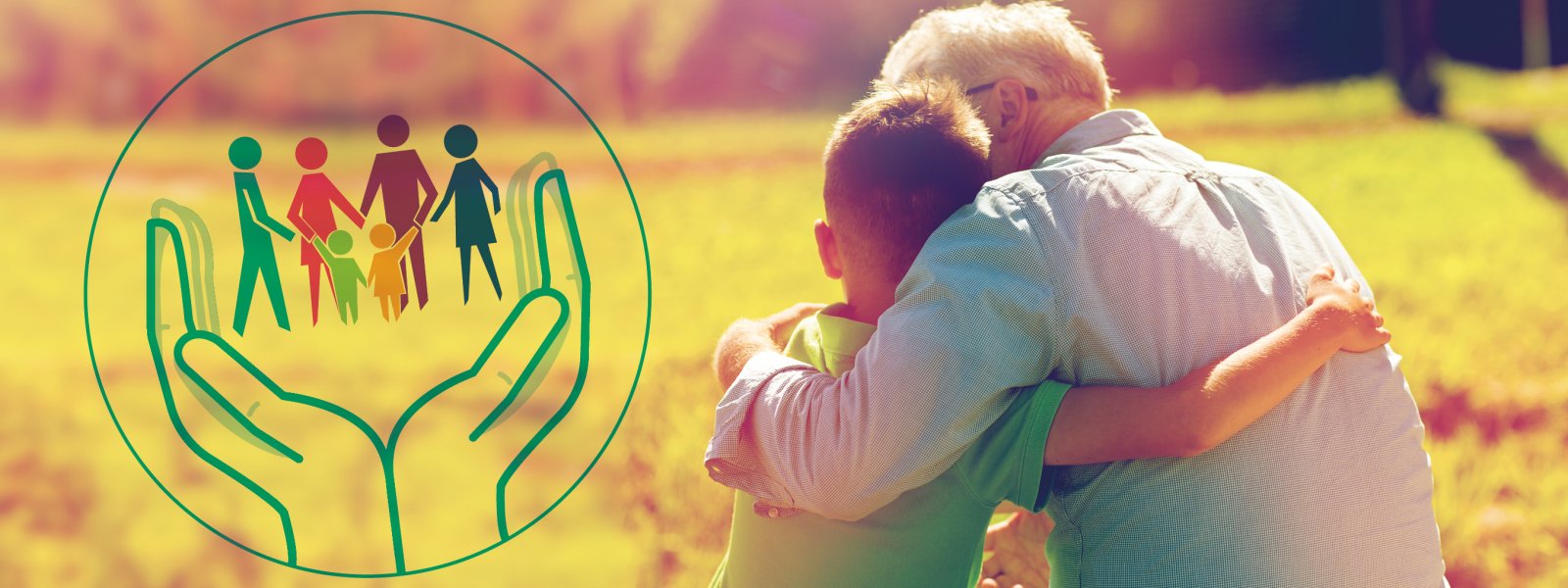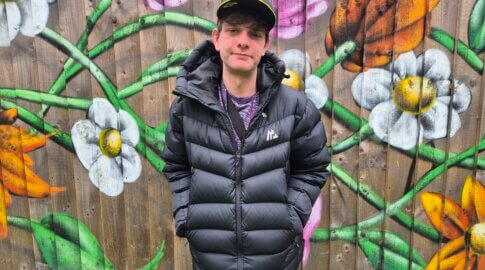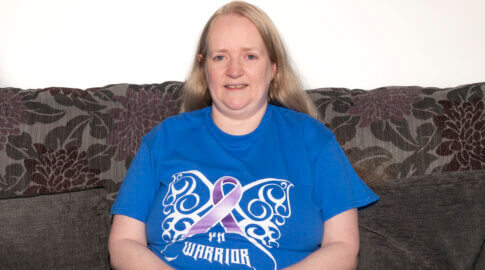Hospice care and PH
Far more than ‘a place you go to die’, hospices provide valuable palliative care to people diagnosed with a progressive condition like pulmonary hypertension.
The hospice movement is over 30 years old, but misconceptions abound and sadly, a lack of understanding is stopping some people accessing the life-enhancing care these places can provide.
Hospice care transforms hundreds of thousands of lives every year but many wrongly assume that being offered it means they are about to die. Others imagine gloomy, depressing places reserved for the sickest of the sick.
Neither of these things are true. Hospice care is truly holistic, looking after physical, emotional, social and spiritual needs; and as result, the services they offer are wide-ranging.
Hospice care can include symptom management and pain control; complementary therapies such as massage and aromatherapy; counselling and psychological support; practical and financial advice; physiotherapy and occupational therapy to help people remain independent; spiritual care and companionship support.
The vast majority of these services (83%) are provided in community settings and most people receive support from a hospice whilst they are living at home.
This can include attending ‘day therapy’ support and whilst the coronavirus pandemic has temporarily limited some of these services, many have adapted to virtual consultations and online get-togethers.
Inpatient units remain open for short stays and many patients benefit from the symptom control support they provide.
Hospice UK is a national charity that supports hospices and those who access the care provided by them. Melanie Hodson, their head of information support, said:
“Hospice care is focused on the person and their family; from managing someone’s pain, to looking after their emotional, spiritual and social needs, hospice care supports the whole person, helping them to live their life to the full. It’s an approach that focuses not on what is the matter with you? – but instead asks what matters to you?”
Hospices provide care for those around the patient too. Counselling services (without the long waiting lists often encountered via other routes) are often provided for partners and relatives, as well as complementary therapy services to aid general wellbeing.
Some people receive hospice care for many years and relatives can continue to access support long after their loved one has died.
Melanie added: “Sometimes, people have concerns about accessing hospice care, thinking perhaps that hospices are all about support in the very final days of life. In fact, the availability of hospice care is dependent on need rather than prognosis. This means that people can use hospice care at any stage of their condition, not just at the very end of their lives.”
There are over 200 hospices in the UK. You can find your nearest one by visiting www.hospiceuk.org
















